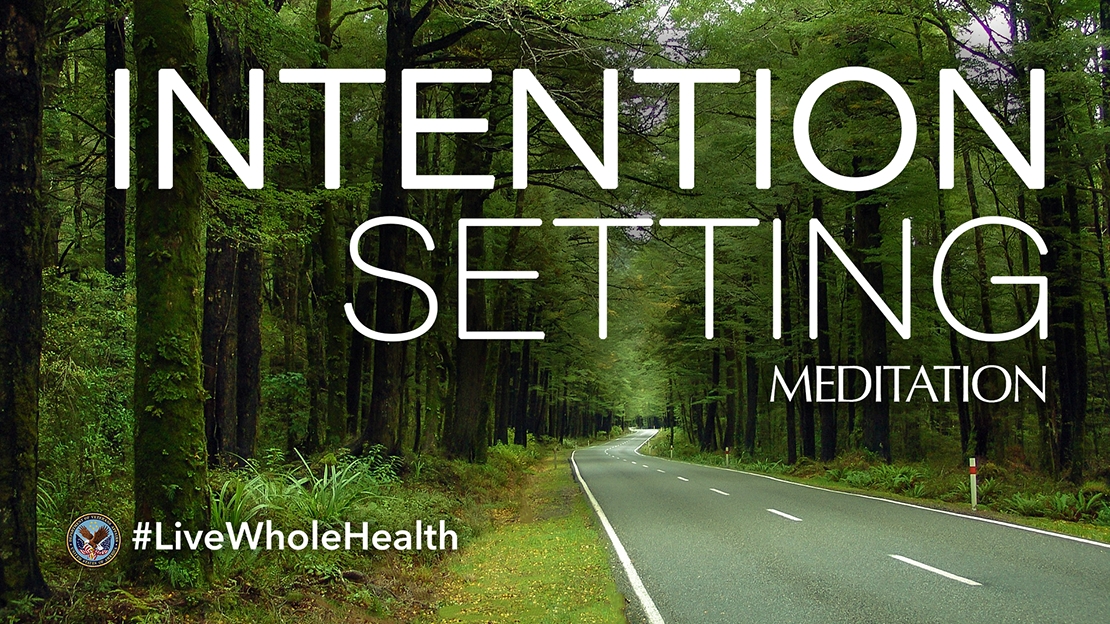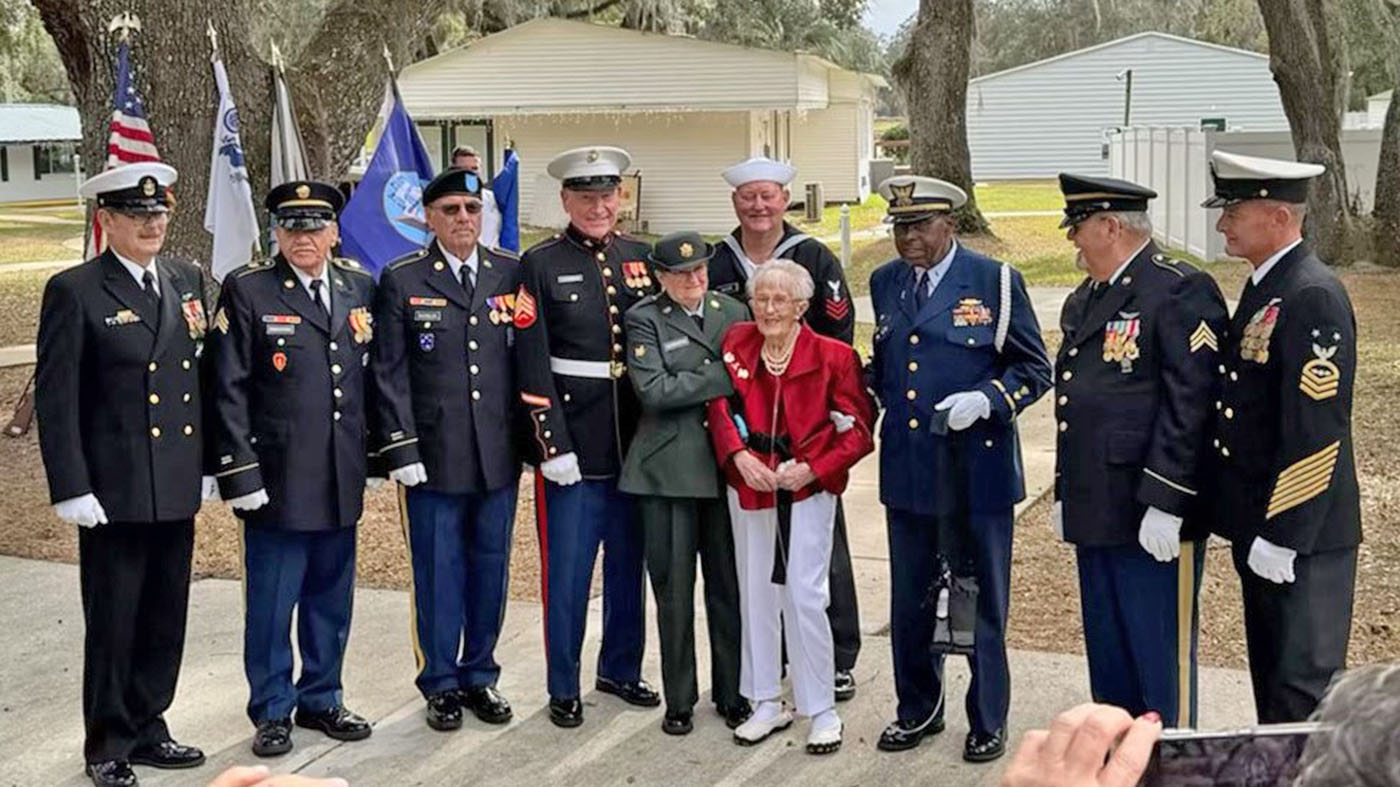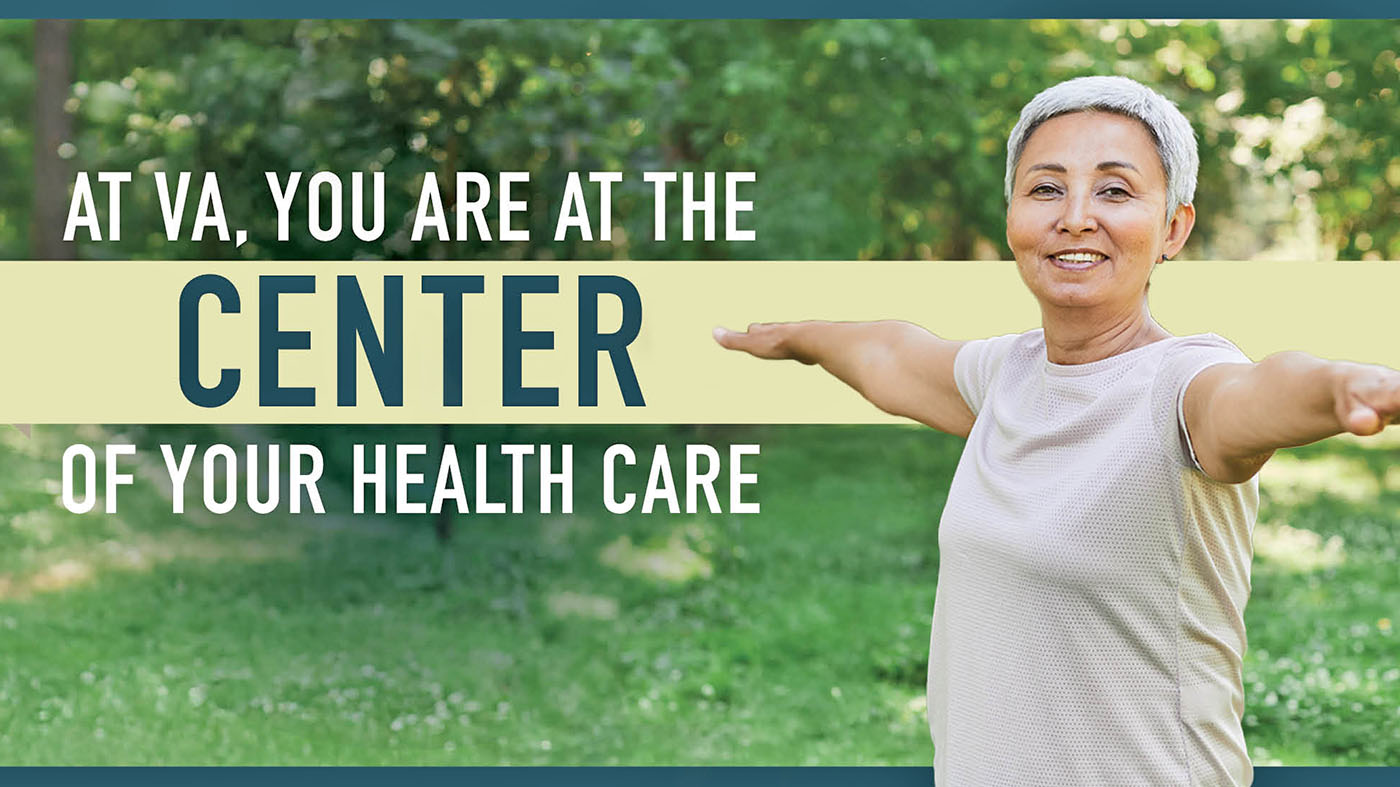From my perspective as an Air Force Veteran with decades of experience working in Veteran suicide prevention, here are a few things all Veterans should know:
- Suicide is preventable.
- There is hope.
- VA offers a range of programs and initiatives for all Veterans, no matter when or how you served.
The first thing Veterans experiencing life challenges should know is that suicide isn’t the inevitable outcome. There are actions you can take to reduce your risk of suicide and prevent it.
Veterans can find hope through VA’s programs, initiatives and suicide prevention resources, which are open to all Veterans regardless of discharge status, no matter your enrollment in VA benefits or health care, and no matter when, where or how you served.
These resources cover everything from preventing a suicide crisis to support during a crisis. No one knows if a crisis will occur, but you’re more likely to prevent suicide if you’re prepared. Here are six suicide prevention resources all Veterans need to know about.
1. Veterans Crisis Line
If you’re a Veteran in crisis or concerned about one, contact the Veterans Crisis Line to receive immediate confidential crisis support.
To reach responders 24/7, Dial 988 then Press 1, chat online at VeteransCrisisLine.net/Chat, or text 838255. For more information about the Veterans Crisis Line, visit VeteransCrisisLine.net.
Your call, chat or text is free and confidential, and you decide how much information to share. No matter what you’re experiencing, responders can help. They can also connect you with the resources you need, including your local suicide prevention coordinator (SPC), who will contact you the next business day for continued support.
2. Veterans Self-Check Quiz
Since stress and depression are some of the risk factors for suicide, it’s a good idea to make sure you’re managing them in healthy ways. One way to know if you might be headed toward a crisis is taking the Veterans Self-Check Quiz, which is anonymous, voluntary and confidential.
To start, learn more about the signs of crisis. After you’re finished, a VA responder will review your answers and leave a personal response for you on this secure website. If the responder feels follow-up resources could be helpful, they’ll offer options.
You decide what’s next. You may anonymously enter the online Veterans chat to talk with a responder. You can get a referral to see someone in person. Or you can decide to do nothing. It’s all up to you—no follow-up services will be provided unless you request them.
3. Safety Plan app
VA’s Safety Plan app helps you create a custom step-by-step action plan to keep yourself safe when experiencing thoughts of suicide. The app helps you identify personal coping strategies and sources of support—giving thoughts of suicide time to decrease and become more manageable.
Once you create your safety plan, you can identify your reasons to live and explore more tools to help you cope.
4. Keep It Secure
Increasing the time and distance between a person in a suicide crisis and their access to lethal means—such as firearms, medications, alcohol, opioids, ropes, cords, or sharp objects—can reduce suicide risk and save lives.
VA’s Keep It Secure program promotes awareness about the simple steps you can take to protect yourself and your family.
5. Veteran Training Portal
Our online Veteran Training self-help portal provides tools to help Veterans work on problem-solving, manage anger, develop parenting skills, and more. The free tools are based on mental health practices that have shown success with Veterans and their families.
6. Don’t wait. Reach out.
Life has its challenges. As a Veteran, you don’t have to solve them alone. The Don’t wait. Reach out. program allows you to explore VA resources by category, including:
- Career Challenges.
- Experiencing Grief or Loss.
- Feelings of Isolation.
- Living with a Disability.
- Relationship Challenges.
When it comes to many VA resources, it doesn’t matter how, when or where you served. It only matters that you served. Having access to suicide prevention resources can help reduce your risk of suicide. If you’re a Veteran in crisis or concerned about one, contact the Veterans Crisis Line to receive 24/7 confidential support.
You don’t have to be enrolled in VA benefits or health care to connect. To reach responders, Dial 988 then Press 1, chat online at VeteransCrisisLine.net/Chat, or text 838255.
Topics in this story
Link Disclaimer
This page includes links to other websites outside our control and jurisdiction. VA is not responsible for the privacy practices or the content of non-VA Web sites. We encourage you to review the privacy policy or terms and conditions of those sites to fully understand what information is collected and how it is used.
More Stories
New Year, new intentions! As we welcome 2025, pair your goals with meaningful intentions with this 5-minute meditation for this week's #LiveWholeHealth practice.
Dr. Loretta Ford is known for her groundbreaking work in advancing the role of nurse practitioners.
At VA, we put women Veterans at the center of your care with a personalized Whole Health approach for your unique needs and goals.







Look. Suicide prevention is more than just a voice on the phone. Last time I called, the police were sent to my home. That is a very dangerous situation. If people aren’t sending me food, drink, or sex workers, don’t send me anything. I am sick of the blue postcards. Words don’t do shit for me. Help people live and WANT to live if you care about suicide prevention. Give people things to look forward to.
As a veteran & an American these programs are great but please remember it’s their body their choice. Do not force your will onto others.
My name is Dr.Susan Ruiz and I have been studying Veteran PTSD and the impact not only on the Veteran, but on the spouse and even moreso in the family. I wish that spousal suicide would be covered as well. Spouses serve their service members during all changes while on active duty. The support for them does not wane when their service member transitions to a Veteran status. I would like to help educate spouses and families on their own mental and physical wellbeing while they support the Veteran. I have been leading Trauma support through various organizations and would love an open door.
Through my studies, the biggest source of Veteran’s Suicidal tendency is OPPRESSION, CONTAMINATION OF VIRUS, DISCHARGE WITH NO PAY, SHAME and POVERTY. Most cases are from external forces created by people who have access to do Manipulation of Entry, Discharges with NO Justice of the Judges Advocate Generals consent and approval. This is a violation to the Military Channel Organization and US Military Code 666 called “ILLEGAL DISMISSAL” by people who have access to the computer to over ride the computer out put. By the way, ILLEGAL TERMINATION should have not called Honorary Dismissal. A real disgrace to people who serve the greatest country in the World, the United States of America.
I was in the army National Guard. I got a medical discharge, but I’m not having no problem. If there’s anyway I can help other men or women are having trouble. I can talk to them.
Where’s my comment?
None of these are real resources. The crisis line can’t do anything to help anyone they can just be a year and somebody who’s actually suicidal doesn’t need to just talk through it, that’s an anxiety attack. Keeping guns locked up means you can just kill yourself a thousand other ways. Safety plans are just a pencil whip check the box thing. People who are suicidal don’t feel Joy or motivation or anything that a safety plan would work for. There is no VA resource that can keep anybody from committing suicide. Somebody who’s actually going through the things that actually need death to escape from is not an emotional state but a physical one. Until people start actually talking to real people and suicidal States and not just people who are emotionally distraught, they’re not going to understand suicide or how to actually help or prevent it.
If the V.A. would stop messing with the veteran’s disability payments all the time, there wouldn’t be as many suicides. First it’s one amount, then it’s another amount and then the award is so low the veteran doesn’t know how he is going to survive. He thinks the only way out is killing himself. The V.A. loves this. Once the veteran is dead, all they will have to pay for are burial expenses and the veteran is out of their hair forever. And the response is always “WE KNEW NOTHING ABOUT THIS, HE MUST HAVE FALLEN THROUGH THE CRACKS” !!! Lame excuse. The V.A. knows exactly what they’re doing and it’s costing the lives of many a veteran. If they award a veteran a certain amount of disability, they should keep it at that level and ONLY increase it as the veteran gets older or health conditions worsen. These up and down payments should be halted immediately !!! Go ahead, moderate this one and deleted it. You don’t want to hear the truth, DO YOU??? One of the main causes of veteran suicide is the government itself, and V.A., you are a part of the government. Fred J. Garrison
I get it. I’m currently on Remand after a horrible C&P exam w a QTC provider.
QTC sent an opology letter. However, I’ve heard nothing about another C&P exam.
I expect another denial, even though there’s events in my service records.
The government and legacy CIA media do a good job of hiding the real suicide rates which are closer to 44+ suicides each day.
Congressional oversight hearings have failed. VAMC Doctors still diagnose alternate illnesses or conditions to stop Compensation even after the high level Doctors were pulled before the senate during the Obama years for emails to Healthcare teams to not diagnose certain qualifying conditions in order to stop Veterans from receiving compensation.
10.000s of veterans families have been destroyed due to this on going practice.
Denials speak to low income Veterans in a way that rips the soul apart.
If veteran is unable to work then the veteran and entire family suffers the horrors of Denials.
Jag sometimes makes the only deals the brass allows , while hiding the real truth which makes claims more difficult for the veterans and allows the military to save face.
I contacted the chat line because where I was at, and in addition to the old joke of “suicide prevention hotline, please hold”. Due to the never ending Captchad, it was a fucking AI chatbot that just repeated everything I said so I fucking hung up
Unfortunately, great ideas and intentions that some people have are ruined by the select malicious narcissists within the VA who will and do use our pleas for help as an excuse to continue causing pain and suffering. Yall need to stop wasting all of the time and money, and focus on helping to reduce or eliminate the CAUSE of someone being suicidal, instead of just trying to stop them from having a means to commit suicide. When I called and explained everything, and was continuously told that although they understand why I’m suicidal, it sucks that the VA has allowed employees to make me feel this hopeless, but they just can’t do anything other than offer to talk about it or have me go check into the ER to get admitted into a psych ward, that just made made me even worse. Criminal misconduct, negligence, and hinderance of care is apparently promoted in my VISN, nobody ever holds anybody accountable for their dishonesty and unethical actions, and then when a veteran is at their breaking point because of them, he has nobody who can and will address the issues.
Open up an actual communication avenue from veterans direct to people who have the ability or paygrade to make things right, make people be decent human beings, instead of veterans pleading for assistance and everyone telling us “it’s above my paygrade” or “that sucks, you’re gunna have to get a lawyer”…. Give your staff the ability to fix or at least address someone’s SOURCE of suicidality, and both the staff and the patients will have much more faith in the system, which obviously directly cooperates with the success of the prevention.